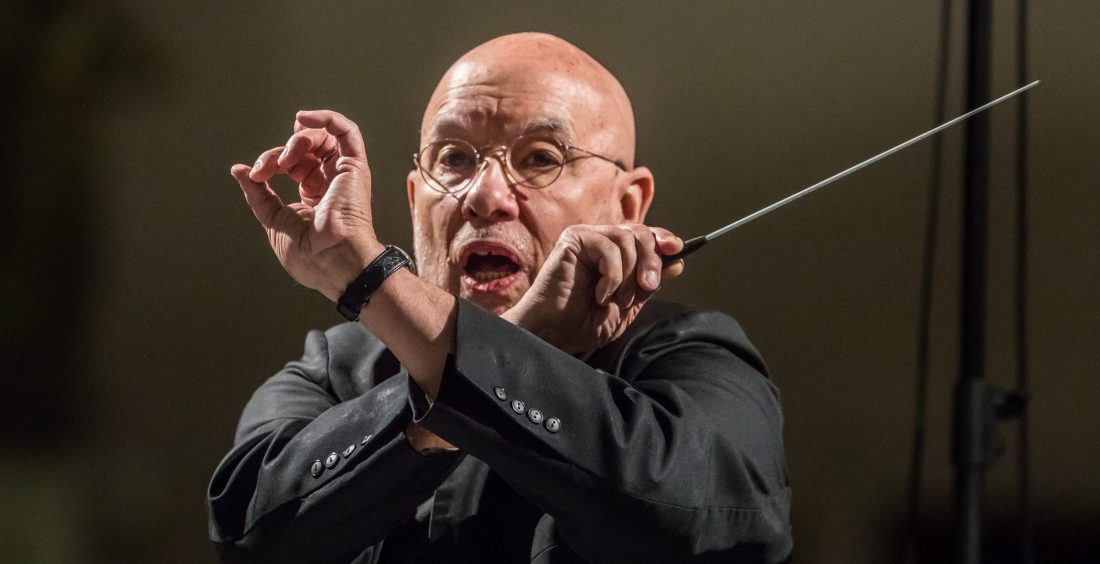Filharmonie Brno
The concert will take place without an audience in the hall.
You can watch the live broadcast of the concert as well as two dozen others on our website for free.
Pre-Concert Talk has been canceled.
Programme
- John Adams: Harmonielehre
- Philip Glass: Symphony No. 12 “Lodger” (Czech premiere)
Performers
- Dennis Russell Davies – conductor
- Angélique Kidjo – voice
- Christian Schmitt – organ
Watch now!
Invitation by Maestro Russell Davies
Love at first sight
In 2017, the Prague Spring Festival brought about “love at first sight” when it attracted the world-famous conductor Dennis Russell Davies and the Brno Philharmonic (together they performed Schnittke’s “Faustian” cantata Seid nüchtern und wachet… and Holst’s Planets) to appear on stage together for their first, mutually inspirational collaboration. A few months later, maestro Davies took the helm of the Brno Philharmonic as its chief conductor. Four years later, he is returning with them to the Prague Spring Festival, this time with a programme consisting of works by famous American minimalist composers with whom he has cooperated personally over the years. Davies already chose John Adams’s Harmonielehre for his Brno inaugural concert, which took place in September 2018. Philip Glass’s Symphony No. 12 based on song texts from David Bowie’s album Lodger will be heard in its Czech premiere; the composition was played for the very first time in January 2019 at the Walt Disney Concert Hall with the Los Angeles Philharmonic under the baton of John Adams and with a soloist who is also appearing at the Prague Spring Festival: the Beninese-American singer Angélique Kidjo, a star of contemporary world music. The solo organ part in Glass’s symphony will be played by Christian Schmitt, a German organist known for his collaborations with Magdalena Kožená and Sir Simon Rattle, among other artists.
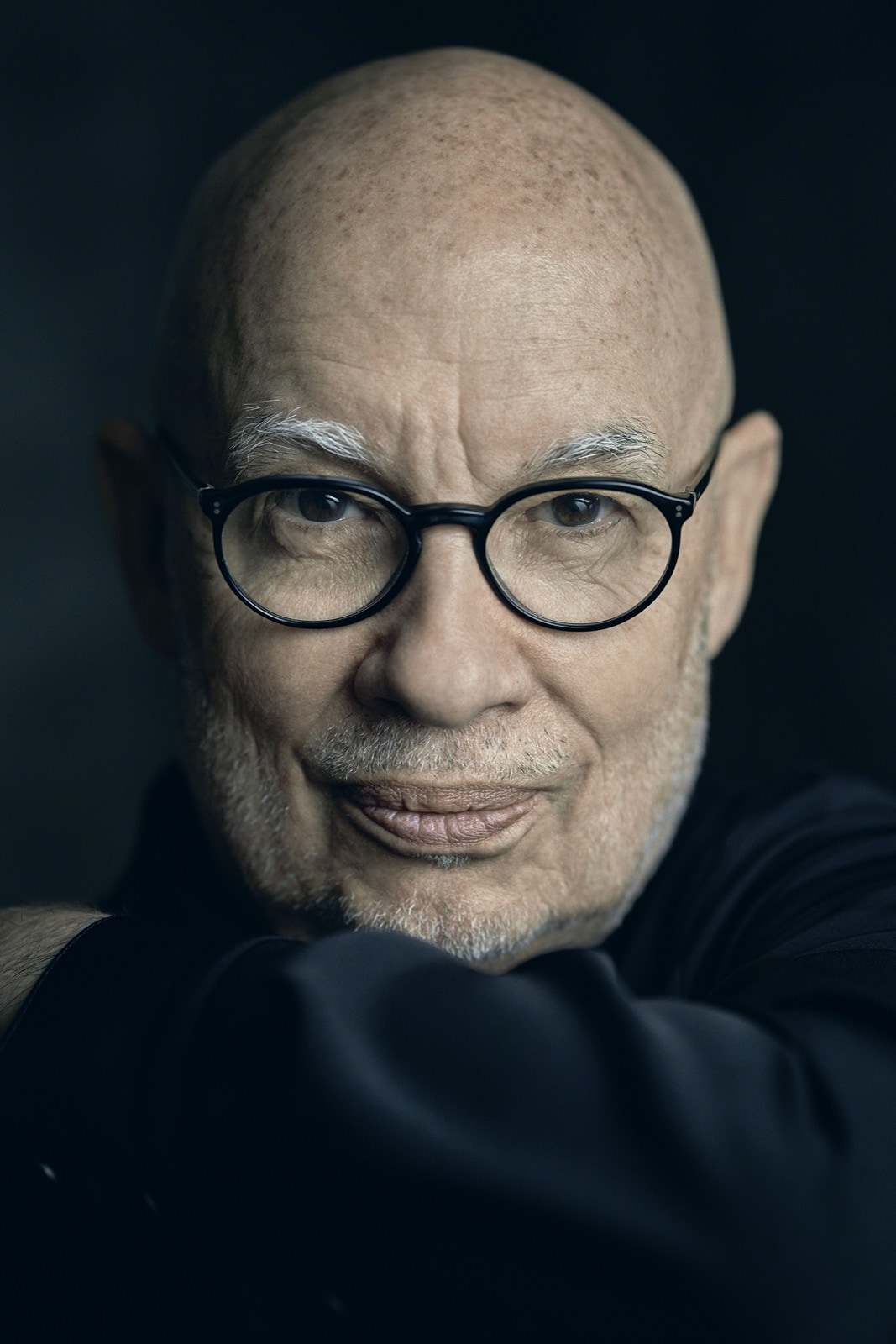
Rediscovery of harmonic motion
John Adams (*1947) calls himself a composer “with a minimalist past”; his music exhibits a much broader stylistic scope and is closer to Post-Modernism. He won international fame for his opera Nixon in China (1987), which began his many years of collaboration with the director Peter Sellars, which developed through cooperation on other stage works.
Adams’s Harmonielehre (Study of Harmony, 1985) alludes to the title of a book by Arnold Schoenberg – part textbook, part philosophical discussion – published in 1911, not long before the eventual leading representative of the Second Viennese School definitively abandoned tonal harmony and developed the 12-tone system, which had a major influence on the development of 20th-century music. Although Adams, who attended Harvard University and studied with Schoenberg’s pupil and (partial) proponent Leon Kirchner, distanced himself from dodecaphony, he does not engage in polemics with Schoenberg in his vast three-movement composition, but instead seeks his own “harmony and the study thereof”, like Schoenberg in his own Harmonielehre, i.e. in both a musical and philosophical sense. It combines the repetitive techniques of Minimalism with the harmonies and orchestral colours of the fin de siècle and late Romanticism: “The shades of Mahler, Sibelius, Debussy, and the young Schoenberg are everywhere in this strange piece”, the composer commented. While Minimalism deliberately simplified its rhythmic, melodic, and harmonic vocabulary, in Adams’s treatment, there is a rediscovery of harmonic motion and colourful orchestral sound.
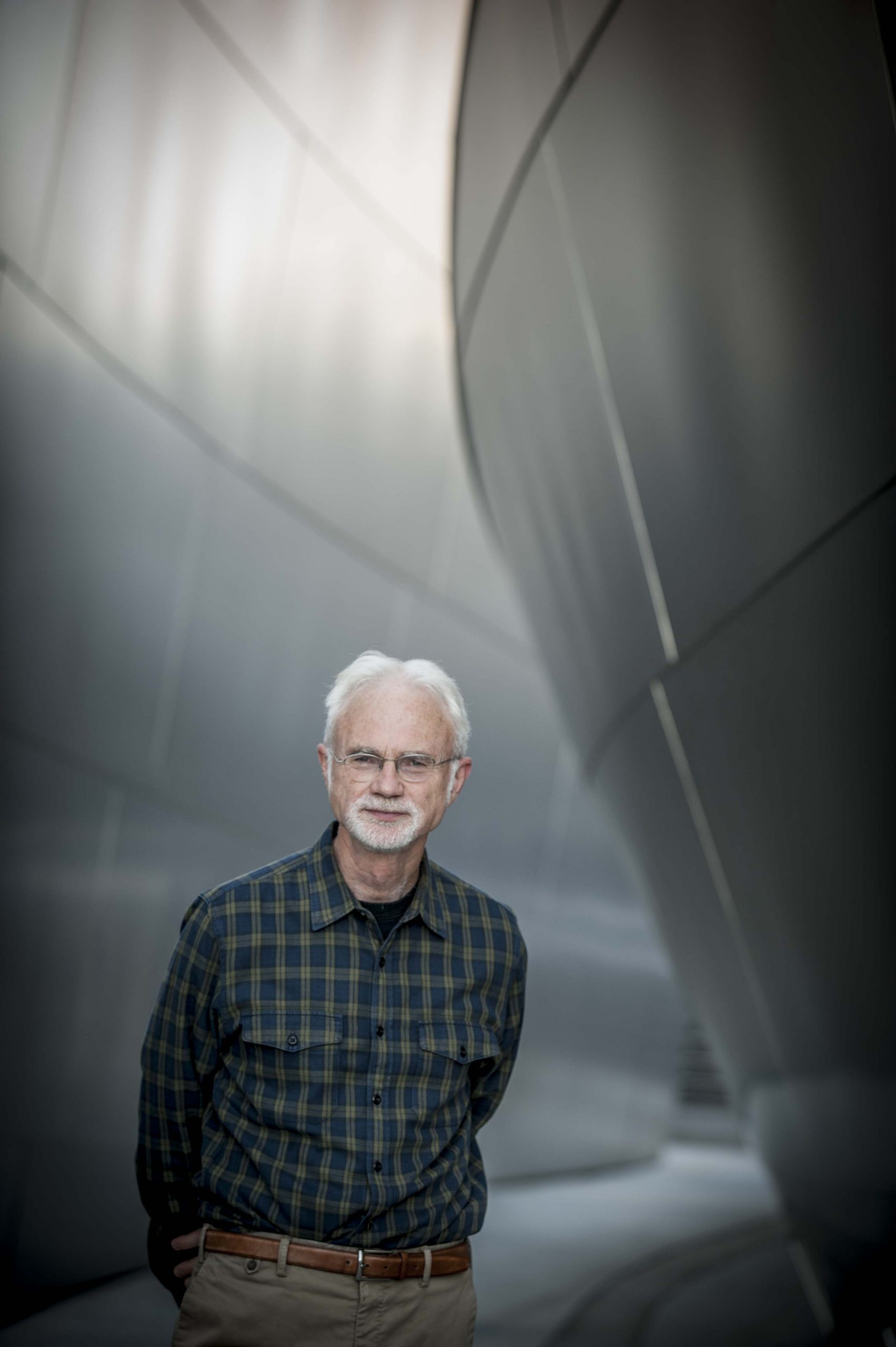
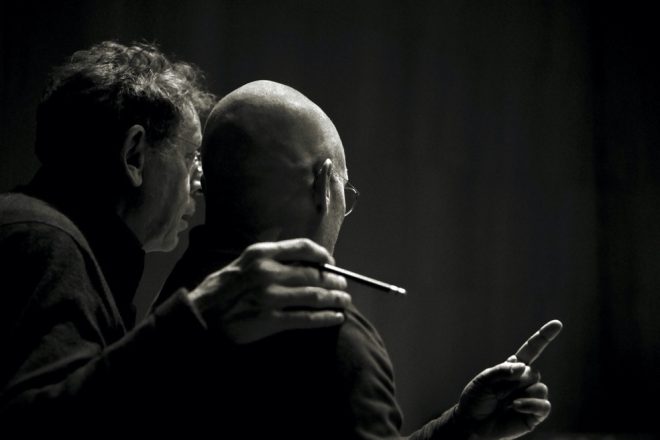
Long friendship
Philip Glass (*1937) long neglected the traditional genre of the symphony; he did not compose his first work in the form until the age of 55. Today, he is the author of twelve highly distinctive symphonies, the latest of which, the Symphony No. 12 (Lodger), caps off his trilogy inspired by the famous Berlin Trilogy of albums that were recorded in the 1970s by the rock music icon David Bowie in former West Berlin in cooperation with the British musician Brian Eno and the American producer Tony Visconti. “I had stayed in touch with David over the years and he knew of my plans to complete the Trilogy”, says Philip Glass. “The main difference between this final work [and the others] is the prominence of the text. In this case, the Symphony is based on seven of the ten original lyrics from the original Lodger recording.” Dennis Russell Davies expanded on Glass’s comments. “Symphony 12, “Lodger”, is the third major work by Philip Glass “in association” with David Bowie and Brian Eno. #1 (“Low”) and #4 (“Heroes”) use the music from these legendary recordings as the basis for a major symphonic statement by Glass – purely instrumental music, whereas the lyrics from “Lodger” are set by the composer to create an original vocal symphony”, explains the conductor, pointing out that “As with nearly all of Philip’s symphonies and many other major works and operas, I was the conductor for the first performances for Symphonies #1 & #4, but #12 was premiered at the beginning of 2019 by the composer of the other work on this evenings program, John Adams, who has conducted premiers and important performances of works by Glass and many others, in addition to his own music. Philip, John, and I have had a long friendship and working relationship dating back to the early 1980s.”
The conductor goes on to explain: “Following the premier of 12, Philip and I took the opportunity to carefully go over the score again in preparation for performances planned for me in Europe, and tonight’s performance will include the many revisions, including in some cases some new musical ideas and textual adaptations that are now part of the final score. Philip Glass is a composer who is vividly aware of who he is writing for, and the personality and poetic singing of Angelique Kidjo played an important role in the creation of this music.”
Angélique Kidjo
Angélique Kidjo, a three-time Grammy winner, has been called “Africa’s premiere diva” by Time Magazine, and the BBC listed her among the 50 most iconic figures of the African continent, while the newspaper The Guardian named her as one of its top 100 most inspirational women in the world. Kidjo captivates listeners with a vocal style that employs the traditional singing of her native Benin and influences of R&B, funk, jazz, and the music of Europe and Latin America. The Symphony No. 12 (Lodger) is not the first work Philip Glass composed for her; he had already dedicated to her a cycle of orchestral songs with texts in Yoruba (her native language) titled Ifé: Three Yorùbá Songs (2013). Besides her busy recording and concert schedule, Kidjo is also known for her activities for charity, including support for the education of African girls through her own foundation Batonga. The very next day, Kidjo will appear again in a concert of her own with her band at Forum Karlín.

Christian Schmitt
Christian Schmitt is one of the world’s most sought-after virtuoso concert organists. He has received invitations for collaboration with world-famous conductors, soloists, and orchestras, and he appears at important festivals. He has recorded the complete organ works of Charles Koechlin, Sofia Gubaidulina, and Charles-Marie Widor, and he took part in making Magdalena Kožená’s album Prayer. He also contributed two albums to the project Bach 333 – The Complete New Edition. Schmitt’s passion is the repertoire of Romanticism, but his scope as an artist is much broader: he performs early music on historical instruments all over Europe, and he also devotes himself to contemporary music.
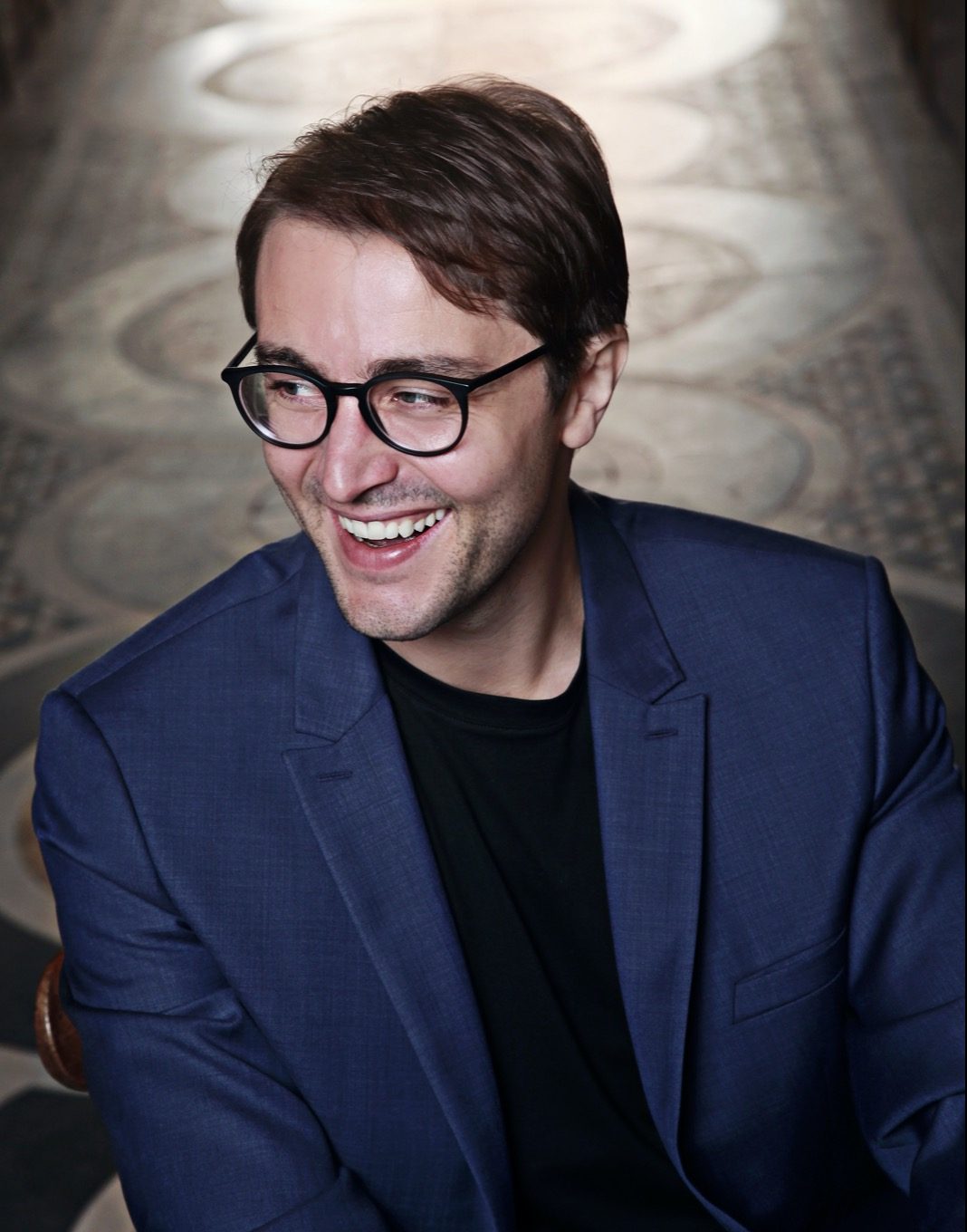
Brno Philharmonic
The roots of the Brno Philharmonic date back to the 1870s, when the young Leoš Janáček pushed for the creation of a Czech symphony orchestra in Brno. The music of that great 20th-century composer is an important part of the repertoire of the ensemble that is still regarded as an authentic interpreter of his works. The present-day Brno Philharmonic was established in 1956 by the merger of the radio orchestra with a regional orchestra, and since then it has been one of the elite Czech orchestras in terms of its size and importance. It is not only an important player in the field of symphonic music at home and abroad, but also a leading organiser of the musical season of the second-largest Czech city, an active presenter of festivals (including Moravian Autumn, the Easter Festival of Sacred Music, and the Exposition of New Music), and a creative leader in orchestral programming.
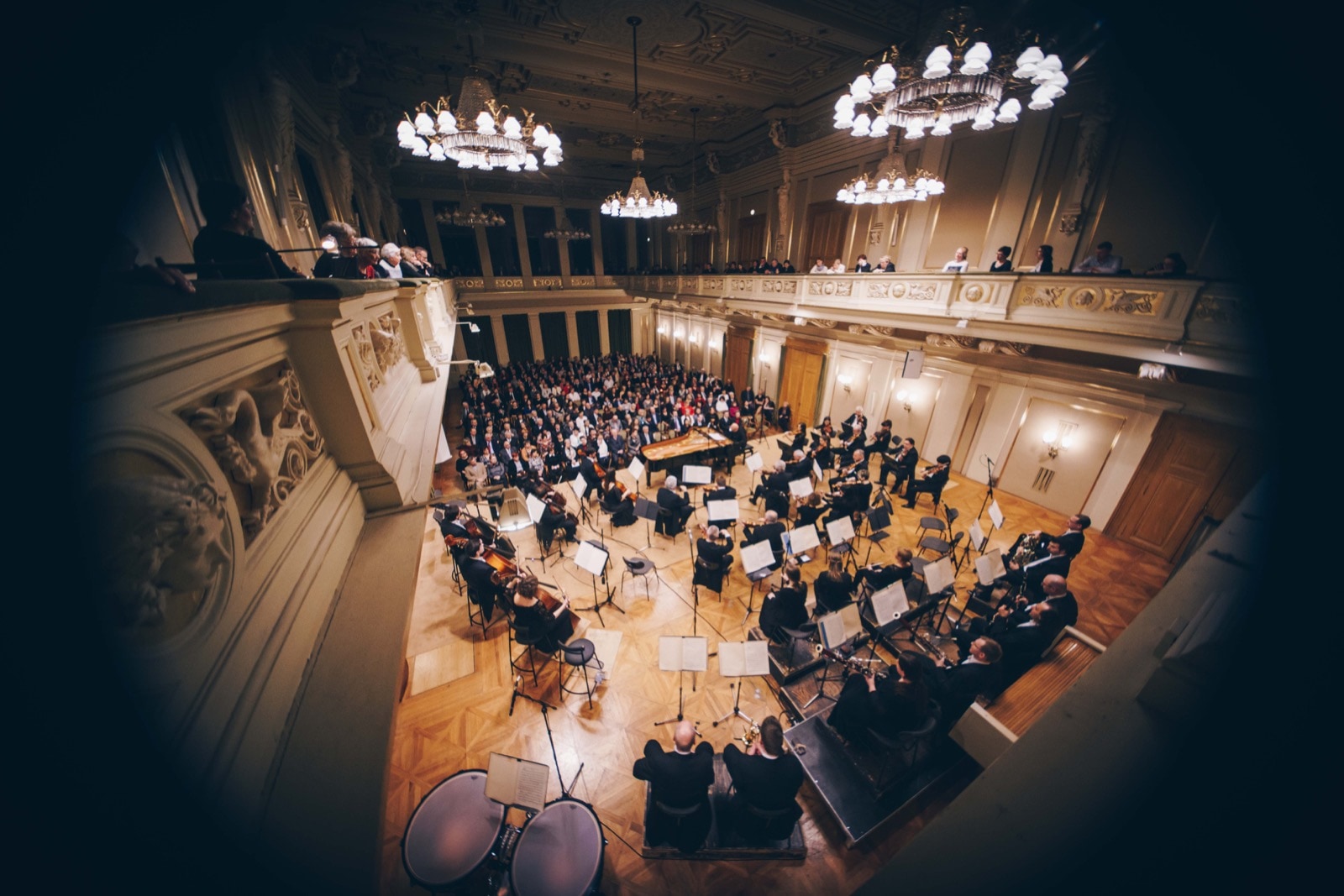
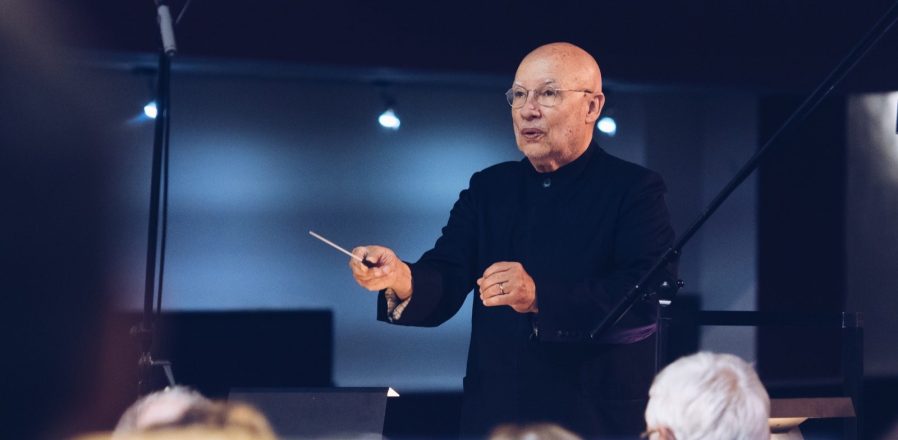
Dennis Russell Davies
Dennis Russell Davies is renowned not only for the unusual breadth of his repertoire, but also for his lasting cooperation and person ties with important contemporary composers, including Luciano Berio, William Bolcom, John Cage, Manfred Trojahn, Philip Glass, Heinz Winbeck, Laurie Anderson, Philippe Manoury, Aaron Copland, Hans Werner Henze, Michael Nyman, and Kurt Schwertsik. He has led the Saint Paul Chamber Orchestra in Minnesota, the American Composers Orchestra in New York, and the Brooklyn Philharmonic. He has been a permanent resident of Europe since 1980, when he took the helm of the Stuttgart State Opera and of the orchestras of the Beethovenhalle, the Bonn Opera, and the Beethoven Festival. Afterwards, he worked in Austria as the chief conductor of the Vienna Radio Symphony Orchestra, then in 2002 he became the chief conductor of the Bruckner Orchestra in Linz and the director of opera at the Linz State Theatre. He has been the chief conductor of the Brno Philharmonic since the 2018/2019 season, and since autumn 2020 he has also been the chief conductor of the MDR Leipzig Radio Symphony Orchestra. In 2009 he was elected to membership in the American Academy of Arts and Sciences, in 2014 was appointed as a commander of the Ordre des Arts et des Lettres, and in 2017 he received Austria’s Cross of Honour for Science and Art 1st Class. He appeared at the Prague Spring Festival for the first time in 1984 at the helm of the BBC Symphony Orchestra.


